Indonesia to evaluate partial lockdown as companies, factories continue business as usual
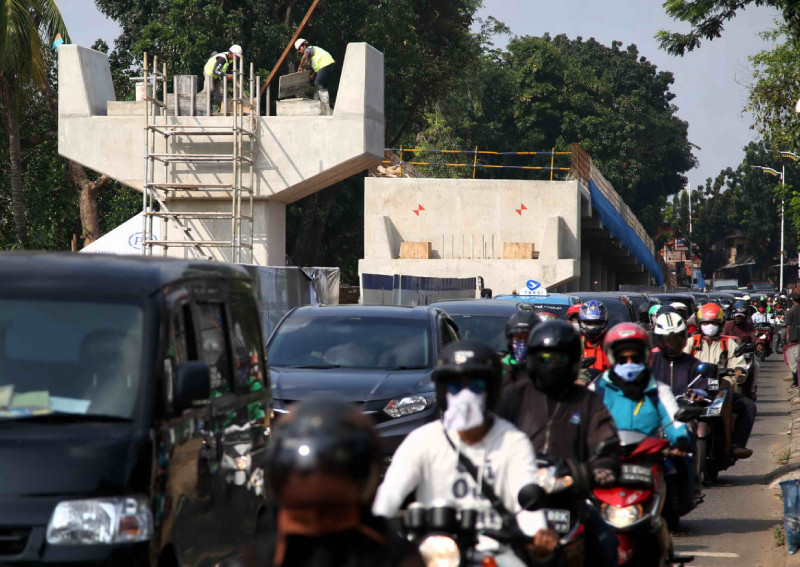
The Indonesian government is set to evaluate the implementation of large-scale social restrictions (PSBB) as many non-essential workplaces are still ignoring the policies and requiring their workers to come in for work amid physical distancing requirements needed to curb the further transmission of Covid-19.
“Today, I ask for a total evaluation of what we have done to handle Covid-19, especially regarding the PSBB, with details of the pluses and minuses so we can make improvements,” President Joko “Jokowi” Widodo said in his opening speech during the limited Cabinet meeting on Monday.
There are two provinces and 16 municipalities and regencies across the archipelago whose requests to impose a partial lockdown have been approved by Health Minister Terawan Agus Putranto as part of efforts to break the chain of transmission of the highly contagious respiratory illness.
The provinces are Jakarta and West Sumatra while the regions include Depok, Bogor, Bekasi, South Tangerang and Tangerang of Greater Jakarta, Bandung and Cimahi in West Java, Pekanbaru in Riau, Tegal in Central Java and Makassar in South Sulawesi.
Jakarta, the epicenter of the outbreak and hardest-hit province in the country, was the first to impose PSBB for 14 days starting on April 10.
Chief of the national Covid-19 task force, Doni Monardo, said that based on his agency’s monitoring, the policy had been effective to a degree, but there were still some companies neglecting the distancing rules.
“Where the policy has not been effective relates to activities in offices and factories that lead to packed public transportation services,” he said after a meeting with Jokowi.
Doni, who is also the head of the National Disaster Mitigation Agency (BNPB), urged all stakeholders, especially employers, to comply with the regulations and follow through with the work-from-home policy.
The task force in coordination with the Office of the Coordinating Maritime Affairs and Investment Minister will install CCTV in several factories as well as conducting checks in office areas to push for more serious implementation of the PSBB among the members of the public.
“If offices and factories continue to violate the provisions and do not meet the health protocols, we will take steps ranging from warnings and reprimands to sanctions,” Doni said, while hoping regional task forces could be more assertive toward companies.
The regulations on PSBB require that all workplaces, except those in essential sectors such as the financial, fuel, food, medicine, retail, water, communications and logistics sectors, be closed and implement work-from-home policies.
However, some business owners have not complied with the policies, resulting in many people still going to work by public transportation despite the city imposing restrictions on passenger capacity.
Some areas in the capital city also reported more traffic on Monday as people commuted to work in the morning.
The Confederation of Indonesian Trade Unions (KSPI) recently said dozens of companies outside of the aforementioned sectors were still given operational licenses.
“The industrial sector for health and food products should indeed be open. But we are seeing garment or aluminium companies in Jakarta being given permission,” KSPI communication head Kahar S. Cahyono said recently.
The Jakarta Manpower, Transmigration and Energy Agency has recorded around 200 large companies, including electronics manufacturers, being given permission by the Industry Ministry to operate in Jakarta while the PSBB policy is in place.
Industry Minister Agus Gumiwang Kartasasmita said he had complied with PSBB guidelines, and that he had been coordinating with regional heads, including Jakarta Governor Anies Baswedan, in giving operational licenses to companies.
“The Health Ministerial Regulation on PSBB provides for the arrangement of industrial activity. We have also coordinated with the Governors of Jakarta, Banten and West Java,” he told kompas.com recently.
Agus said his ministry had distributed Circular No. 4/2020 regarding factory operations during the Covid-19 public health emergency, as guidelines to carry out health protocols in production processes.
However, Governor Anies said his administration would revoke the business license of any company that still operated regularly during the PSBB period and was proven to violate the rules and repeat the violation after being issued a warning.
The West Java administration said factories would be permitted to continue operating while the province enforced PSBB, as long as they had recorded no positive cases and ensured that health protocols were in place.
West Java Governor Ridwan Kamil requested that the regency and municipal administrations conduct large-scale inspections of factories and studies of strategic industries for future policy enforcement.
“After large-scale testing, regents and mayors may allow them to operate if no positive cases are found, so long as physical distancing and health protocols are in place,” Ridwan said in a video conference last week.


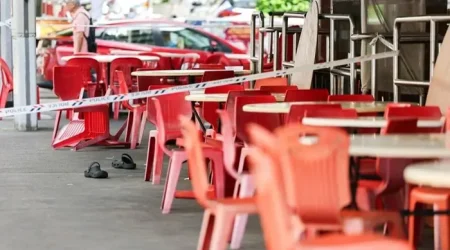


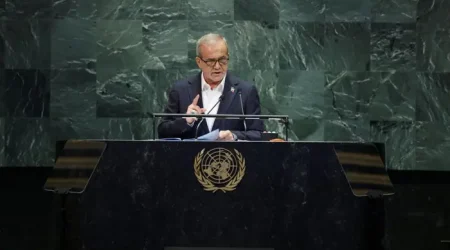
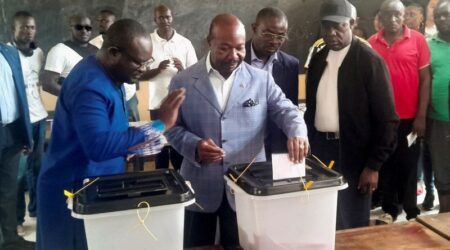
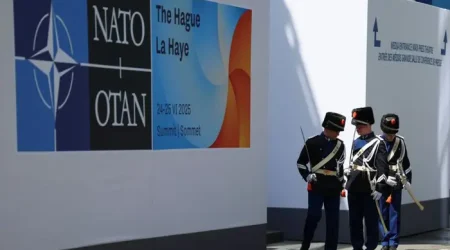
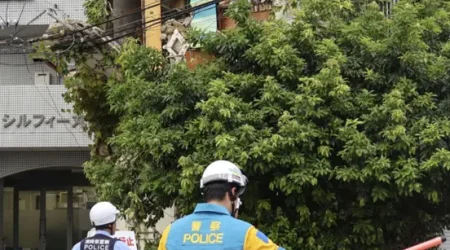
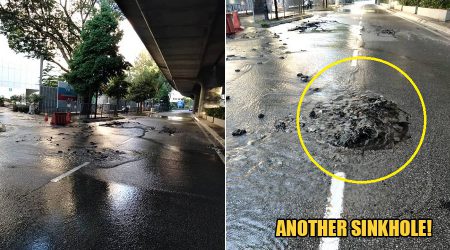


Leave a Reply